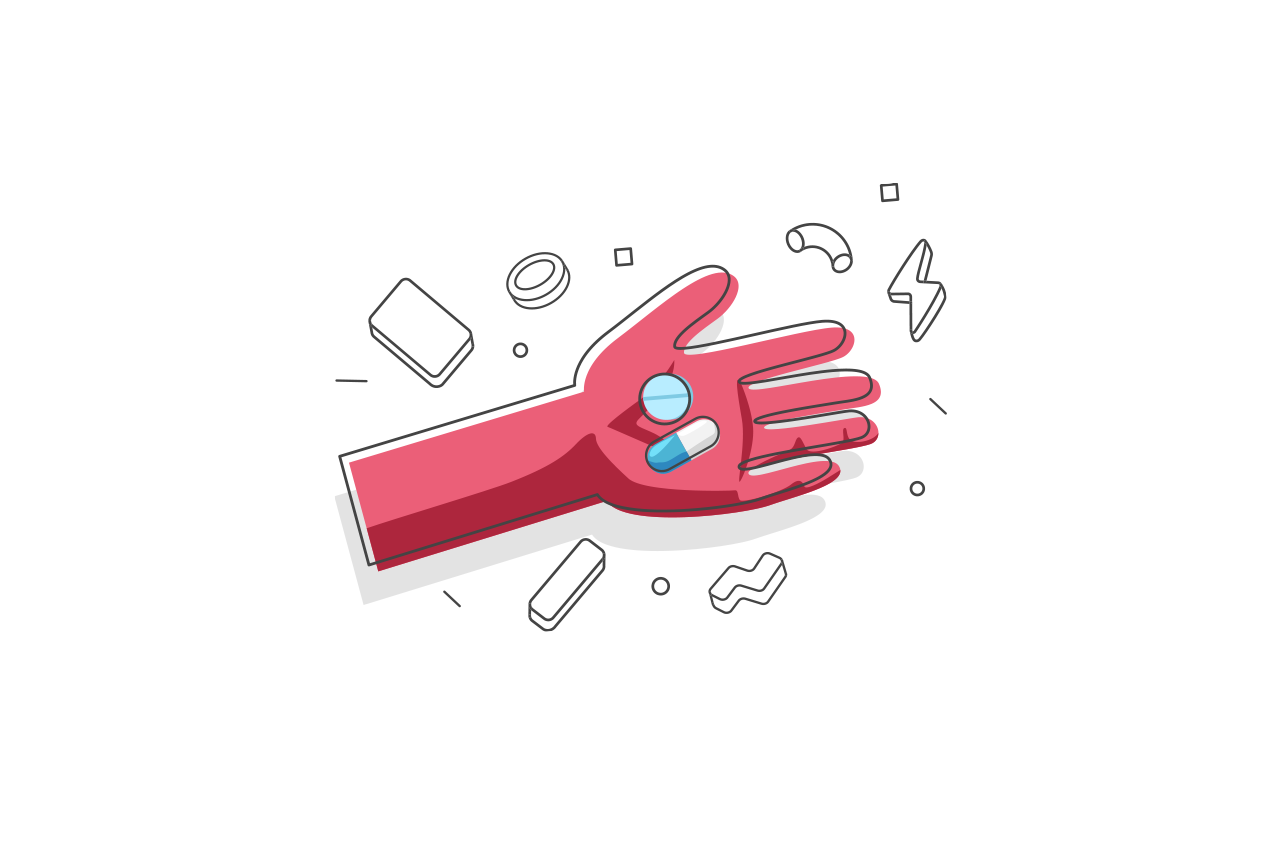If you’re taking two or more medications, say for example for heart disease, chances are the drugs may interact with each other, food or beverages and not perform as expected, or even worse, cause potentially dangerous side effects.
Antihistamines
Over-the-counter antihistamines temporarily relieve a runny nose or reduce sneezing, itching of the nose or throat, and itchy watery eyes. If you’re taking sedatives, tranquilisers or a prescription drug for high blood pressure or depression, check with a doctor or pharmacist before you start using antihistamines. Taking antihistamines along with blood pressure medication can cause your blood pressure to shoot up and increase your heart rate.
Bronchodilators
These temporarily relieve shortness of breath, tightness of chest and wheezing due to bronchial asthma. Check with your doctor whether it’s safe to use bronchodilators if you If you have heart disease, high blood pressure, thyroid disease or diabetes.
Nasal decongestants
Used to help relieve nasal congestion caused by a cold, hay fever or other upper respiratory allergies, nasal decongestants may cause adverse effects if you have heart disease, high blood pressure, thyroid disease or diabetes. Check with your doctor before using these.
Good to know
Give your doctor a complete list of all medications that you use or have used within the last few weeks. This should include over-the-counter medications, vitamins, food supplements and herbal remedies.
- Tell your doctor about treatments and medications that are added or have been discontinued.
- Inform him about your lifestyle changes like exercise, diet, alcohol intake.
- Ask about the most serious or frequent drug interactions with the medications that you are taking.
- Because drug interactions increase regularly with the number of medications, work with your doctor to remove unnecessary medications from your treatment plan.
Take medications safely
- Always read drug labels carefully and learn about the warnings for all the medications you take.
- Keep medications in their original containers so you can easily identify them.
- Ask your doctor what you need to avoid when you are prescribed a new medication. Ask about food, beverages, dietary supplements and other drugs.
- Check with your doctor or pharmacist before taking an OTC drug if you are taking any prescription medications.
- Use one pharmacy for all your mediation needs.
- Keep all your health care professionals informed about everything that you take.
- Keep a record of all prescription drugs, OTC drugs and dietary supplements (including herbs) that you take. Always keep this list with you, especially when going for any medical appointment.
References:
- https://www.webmd.com/a-to-z-guides/features/7-dangerous-drug-mistakes#1
- https://www.health.harvard.edu/staying-healthy/protect-yourself-from-medication-mix-ups
- https://www.rxlist.com/drug-interaction-checker.htm
- https://www.heart.org/en/health-topics/consumer-healthcare/medication-information/medication-interactions-food-supplements-and-other-drugs

